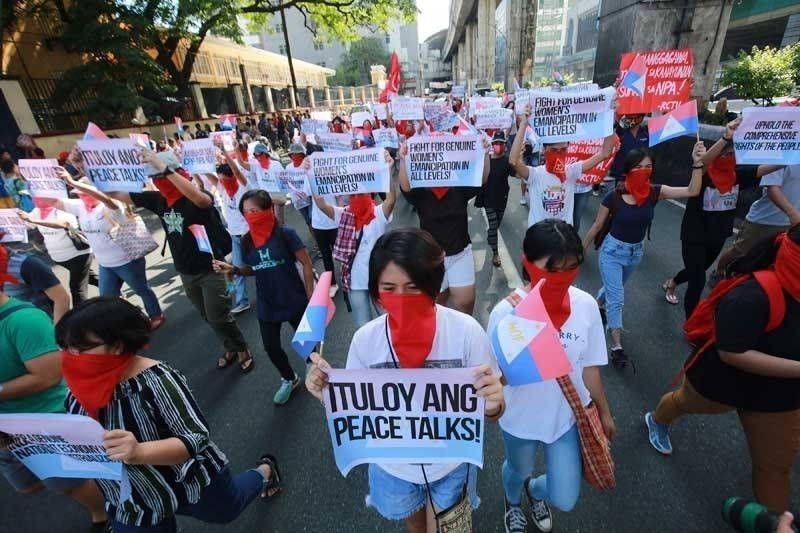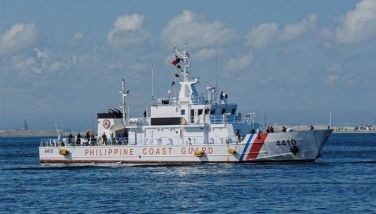Philippine government, NDFP to revive peace talks

MANILA, Philippines — The Philippine government and the National Democratic Front of the Philippines have agreed to restart peace negotiations six years after former President Rodrigo Duterte called off peace talks with the group behind Asia’s longest-running insurgency.
Both parties said they "recognize the need to unite as a nation" in light of "foreign security threats" and serious socioeconomic and environmental issues, according to a joint statement signed by Philippine government officials and the NDFP in the Norwegian capital of Oslo on November 23.
“The parties agree to a principled and peaceful resolution of the armed conflict," the statement read.
Special Assistant to the President Antonio Ernesto Lagdameo Jr. signed on behalf of the Philippine government, while National Executive Council Member Luis Jalandoni signed on behalf of the NDFP.
The NDFP is the diplomatic arm and umbrella group representing communist rebels in peace talks with the government.
According to the joint statement from Oslo, both the Philippine government and the NDFP have agreed to create a framework that "sets the priorities for the peace negotiations with the aim of acheiving relevant socioeconomic and political reforms towards a just and lasting peace."
The joint statement also mentioned that “resolving the roots of the armed conflict and ending the armed struggle” would transform the CPP-NPA-NDFP — referring to the Communist Party of the Philippines (CPP) and its armed wing, the New People’s Army (NPA).
This announcement comes after President Ferdinand Marcos Jr. granted amnesty to former rebels and communist insurgents last week — a move that was welcomed by state security and defense forces but met with skepticism by Makabayan bloc lawmakers.
In particular, Makabayan bloc members Rep. France Castro (ACT Teachers), Arlene Brosas (Gabriela Women’s Party) and Rep. Raoul Manuel (Kabataan Partylist) challenged the president to resume peace negotiations and ensure that the amnesty process will not be used for corruption or to accuse more civilians of rebellion.
Hostilities between the government and the NPA for more than five decades have resulted in 40,000 deaths, including civilians.
The practice of red-tagging also intensified during the Duterte administration following Duterte's abrupt termination of the peace negotiations with the CPP in 2017.
According to rights group Amnesty International, the government had implemented a "dangerously broad counter-insurgency strategy" that enabled the rampant red-tagging of rights defenders, activists, unionists, lawyers and other groups deemed a threat to the government.
- Latest
- Trending





























